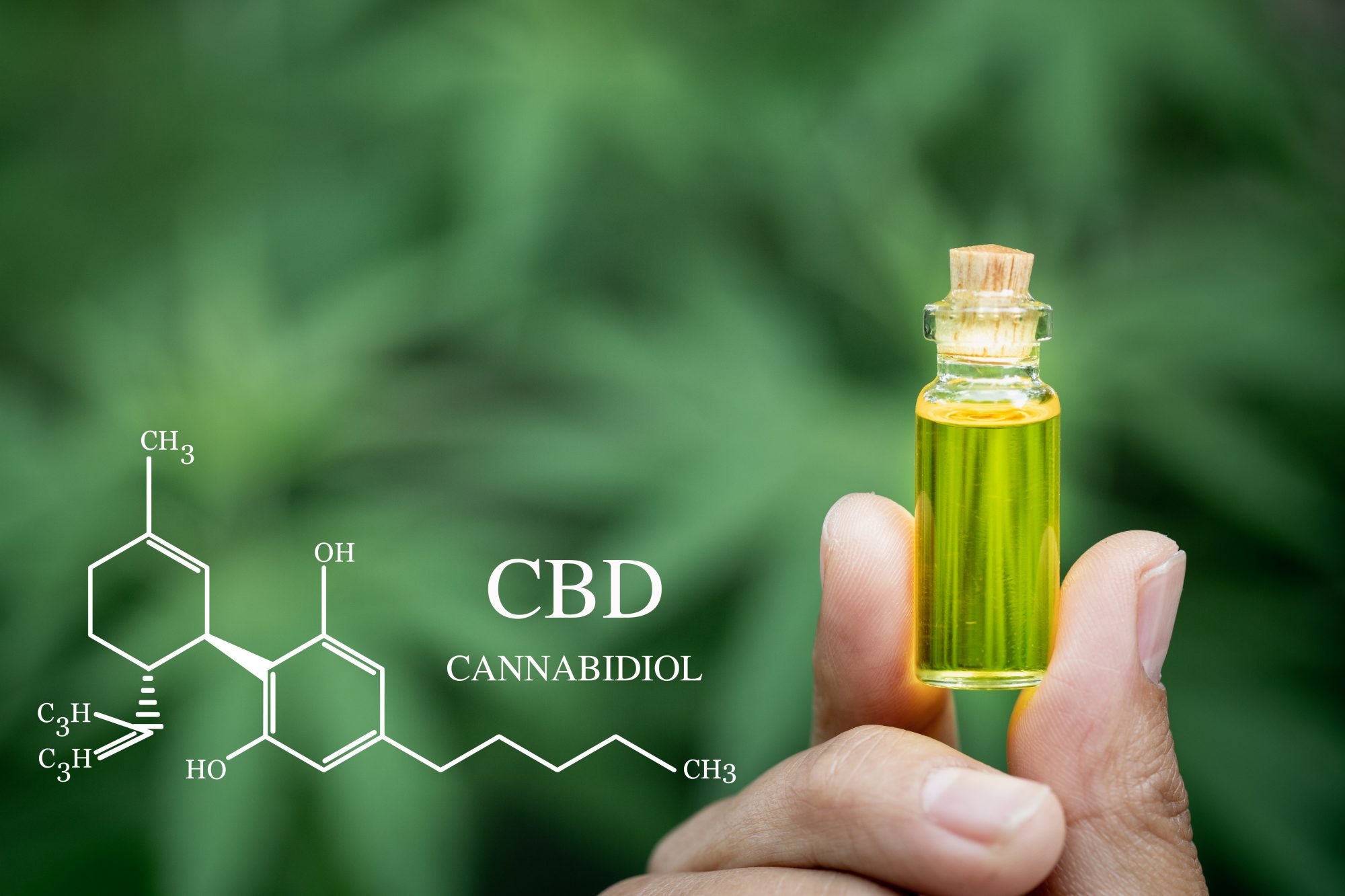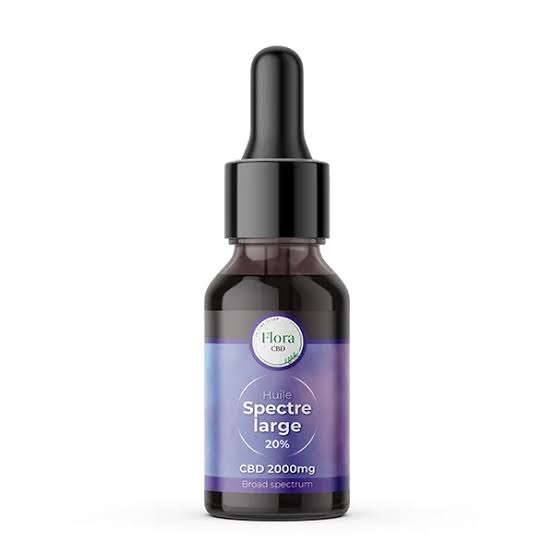Cannabidiol, commonly known as CBD, has garnered significant attention in recent years for its potential therapeutic benefits. Extracted from the cannabis plant, CBD is a non-psychoactive compound that offers various health benefits without the “high” associated with its cousin, THC. This article delves into what we know about CBD, its benefits, uses, and the areas where more research is needed.
What is Cannabidiol (CBD)?
Cannabidiol (CBD) is one of the many chemical compounds found in the Cannabis sativa plant. Unlike tetrahydrocannabinol (THC), CBD does not produce a psychoactive effect. This makes it an appealing option for those seeking relief from pain and other symptoms without the mind-altering effects of marijuana or certain pharmaceutical drugs.
CBD is typically extracted from hemp plants, which contain low levels of THC. This ensures that CBD products do not induce the “high” associated with marijuana use. The extraction process involves using solvents like CO2 to separate the CBD from the plant material, resulting in a concentrated form of CBD that can be used in various products.
How CBD Works in the Body
CBD interacts with the body’s endocannabinoid system (ECS), a complex network of receptors and neurotransmitters that play a crucial role in regulating various physiological processes, including pain, mood, and immune function. The ECS comprises two main receptors: CB1 and CB2.
CB1 receptors are primarily found in the brain and central nervous system, while CB2 receptors are more common in the peripheral organs and immune cells. CBD does not directly bind to these receptors but influences them indirectly by enhancing the levels of endocannabinoids, the body’s natural cannabinoids, thus promoting balance and homeostasis within the body.
Health Benefits of CBD
CBD is renowned for its wide range of potential health benefits, supported by both anecdotal evidence and scientific research. Some of the most notable benefits include:
- Pain Relief: CBD is known for its analgesic properties, helping to alleviate chronic pain by interacting with neurotransmitters and reducing inflammation.
- Anti-inflammatory: CBD’s anti-inflammatory effects can benefit conditions such as arthritis, reducing pain and improving joint function.
- Anxiety and Depression: Studies suggest that CBD may help reduce symptoms of anxiety and depression by influencing serotonin receptors in the brain.
- Neuroprotective Properties: CBD has shown promise in treating neurological disorders like epilepsy and multiple sclerosis by protecting nerve cells from damage and reducing seizure frequency.
- Cancer-related Symptoms: CBD may help reduce symptoms related to cancer and its treatment, such as nausea, vomiting, and pain.
Different Forms of CBD
CBD is available in various forms, each offering different methods of consumption and absorption rates. Some common forms include:
- CBD Oil: A versatile and popular form, CBD oil can be taken sublingually (under the tongue) for fast absorption or added to food and beverages.
- CBD Capsules: Pre-measured doses of CBD in capsule form offer convenience and consistency, making them ideal for daily use.
- CBD Edibles: Gummies, chocolates, and other edibles provide a tasty and discreet way to consume CBD.
- Topicals: Creams, balms, and lotions infused with CBD can be applied directly to the skin to target localized pain and inflammation.
- Vaping: Inhaling CBD through a vaporizer allows for quick absorption into the bloodstream, offering rapid relief.
Legal Status of CBD
The legal status of CBD varies globally and even within countries. In the United States, the 2018 Farm Bill legalized hemp-derived CBD products with less than 0.3% THC at the federal level. However, state laws can still impose restrictions on CBD products. In other parts of the world, CBD legality ranges from fully legal to highly restricted, depending on local regulations.
Consumers should be aware of their local laws regarding CBD use and purchase products from reputable sources to ensure compliance and product safety.
Potential Side Effects
While CBD is generally well-tolerated, some individuals may experience side effects, particularly at high doses. Common side effects include:
- Dry Mouth: CBD can decrease saliva production, leading to a dry mouth sensation.
- Drowsiness: High doses of CBD may cause drowsiness or fatigue.
- Digestive Issues: Some users report diarrhea or changes in appetite after taking CBD.
- Interaction with Medications: CBD can interact with certain medications, affecting their efficacy or leading to adverse reactions. It’s crucial to consult with a healthcare provider before starting CBD, especially if taking other medications.
CBD in Pain Management
One of the most well-researched areas of CBD is its role in pain management. Chronic pain conditions, such as fibromyalgia, arthritis, and neuropathic pain, have shown responsiveness to CBD treatment. CBD’s anti-inflammatory and analgesic properties help reduce pain and improve the quality of life for individuals suffering from these conditions.
Studies have demonstrated that CBD can modulate pain pathways and reduce inflammation, offering a promising alternative to traditional painkillers, which often come with significant side effects and addiction risks.
CBD for Anxiety and Depression
Anxiety and depression are prevalent mental health disorders that can significantly impact an individual’s life. CBD has shown potential as a natural treatment for these conditions, with research indicating that it can reduce anxiety and improve mood by interacting with serotonin receptors in the brain.
Unlike conventional antidepressants and anti-anxiety medications, CBD offers a more natural approach with a lower risk of side effects. However, more research is needed to fully understand its efficacy and optimal dosages for treating mental health disorders.
CBD in Epilepsy Treatment
One of the most notable successes of CBD is its use in treating epilepsy, particularly in children with treatment-resistant forms of the condition. Epidiolex, an FDA-approved CBD-based medication, has been shown to reduce the frequency and severity of seizures in patients with Dravet syndrome and Lennox-Gastaut syndrome.
The neuroprotective properties of CBD and its ability to regulate electrical activity in the brain make it a promising treatment option for epilepsy and other neurological disorders.
Future Research and Developments
The field of CBD research is rapidly evolving, with ongoing studies exploring its potential benefits and mechanisms of action. Future research aims to better understand how CBD interacts with the body and its efficacy in treating various conditions.
Areas of interest include:
- Chronic Pain: Further studies to confirm and expand on CBD’s role in managing different types of chronic pain.
- Mental Health: Investigating CBD’s potential in treating a wider range of mental health disorders, such as PTSD and schizophrenia.
- Cancer: Exploring CBD’s potential as an adjunct treatment for cancer, focusing on its anti-tumor properties and ability to alleviate treatment-related symptoms.
- Neurodegenerative Diseases: Researching CBD’s neuroprotective effects and potential in treating conditions like Alzheimer’s and Parkinson’s disease.
FAQs
1. What is CBD? CBD, or cannabidiol, is a non-psychoactive compound found in the Cannabis sativa plant, known for its potential therapeutic benefits.
2. Does CBD make you high? No, CBD does not produce a high. Unlike THC, it does not have psychoactive properties.
3. Is CBD legal? The legality of CBD varies by location. In the U.S., hemp-derived CBD with less than 0.3% THC is legal federally, but state laws may differ.
4. How does CBD work? CBD interacts with the endocannabinoid system, which regulates various physiological processes, promoting balance and homeostasis.
5. What are the benefits of CBD? CBD offers various benefits, including pain relief, anti-inflammatory effects, anxiety and depression reduction, and neuroprotective properties.
6. What forms of CBD are available? CBD is available in many forms, including oils, capsules, edibles, topicals, and vape products.
7. Can CBD cause side effects? While generally well-tolerated, CBD can cause side effects like dry mouth, drowsiness, and digestive issues, especially at high doses.
8. How is CBD used in pain management? CBD’s analgesic and anti-inflammatory properties make it effective in managing chronic pain conditions such as arthritis and fibromyalgia.
9. Is CBD effective for anxiety and depression? Research suggests that CBD can help reduce symptoms of anxiety and depression by interacting with serotonin receptors in the brain.
10. What is the future of CBD research? Future research aims to explore CBD’s potential in treating various conditions, including chronic pain, mental health disorders, cancer, and neurodegenerative diseases.
Conclusion
Cannabidiol (CBD) has emerged as a promising compound with a wide range of potential health benefits. From pain relief to anxiety reduction, CBD offers a natural alternative to traditional pharmaceuticals, often with fewer side effects. However, the field of CBD research is still in its early stages, and more studies are needed to fully understand its mechanisms and long-term effects.
The growing interest in CBD has also led to an increase in the availability of CBD products, ranging from oils and capsules to edibles and topicals. While this variety offers consumers multiple ways to incorporate CBD into their wellness routines, it also underscores the importance of purchasing products from reputable sources to ensure quality and safety.
Despite its potential, CBD is not a cure-all. It is essential for consumers to approach CBD use with realistic expectations and a critical eye. Consulting with healthcare providers, especially when taking other medications, is crucial to avoid adverse interactions and to tailor the use of CBD to individual health needs.
As the legal landscape surrounding CBD continues to evolve, staying informed about local regulations is essential for responsible use. In regions where CBD is legal, it provides a valuable option for those seeking natural remedies for a variety of conditions.

 Marketing8 months ago
Marketing8 months ago
 News1 month ago
News1 month ago
 News7 months ago
News7 months ago
 News1 month ago
News1 month ago
 CBD6 months ago
CBD6 months ago
 News8 months ago
News8 months ago
 THC8 months ago
THC8 months ago
 Marketing7 months ago
Marketing7 months ago



